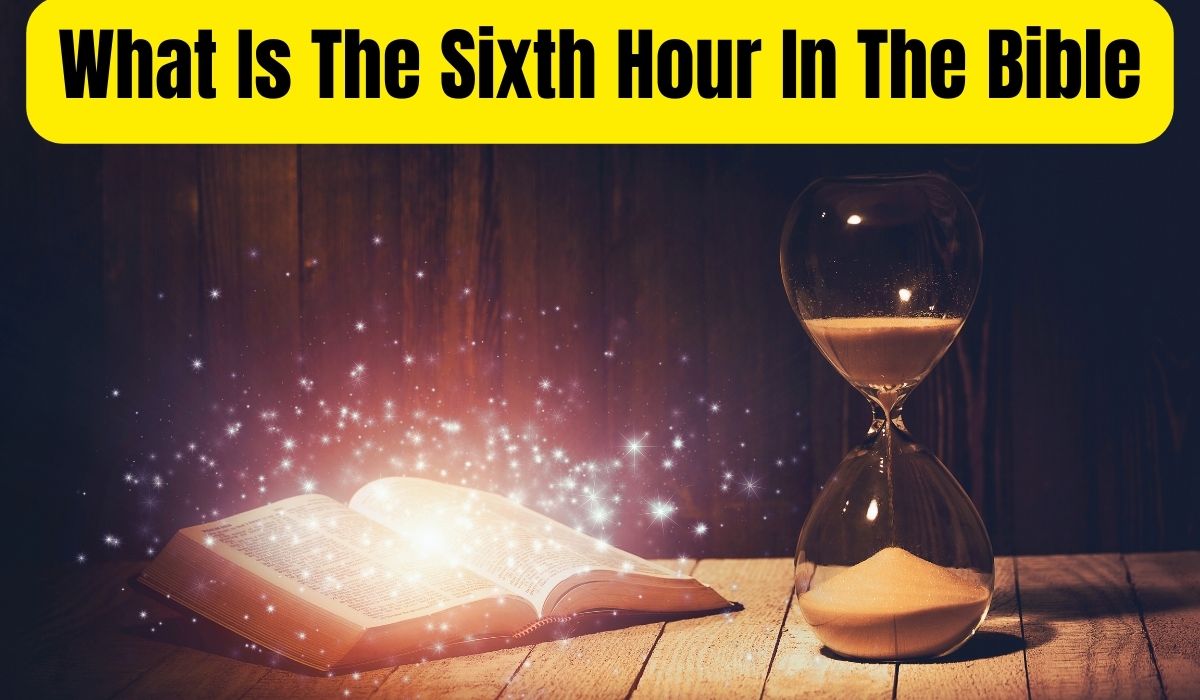 In our journey through the sacred texts of the Bible, we often encounter mysteries that pique our curiosity and spiritual intrigue. Among these are the concepts of ghosts and spirits and the order in which we should read the Bible to gain a comprehensive understanding of its teachings. This article delves into what the Bible says about the supernatural, discusses the identity of the Holy Ghost, and offers a guide on how to sequentially read the Bible for an enriched spiritual journey.
In our journey through the sacred texts of the Bible, we often encounter mysteries that pique our curiosity and spiritual intrigue. Among these are the concepts of ghosts and spirits and the order in which we should read the Bible to gain a comprehensive understanding of its teachings. This article delves into what the Bible says about the supernatural, discusses the identity of the Holy Ghost, and offers a guide on how to sequentially read the Bible for an enriched spiritual journey.
What Does God Say About Ghosting?
The term “ghosting,” as it is known today, does not find a direct reference in the Bible, but the scriptures do speak about how we should treat one another, emphasizing honesty, presence, and communication, which are the antitheses of ghosting. In the context of actual ghosts or spirits:
- Who is the Holy Ghost in the Bible? The Holy Ghost, or the Holy Spirit, is a profound presence in the Bible, described as the third person of the Trinity. This divine Spirit is a guide, comforter, and advocate for believers, playing a crucial role in their spiritual lives and growth.
What Does the Bible Say About the Supernatural?
The supernatural is a recurring theme in the Bible, encompassing events and entities beyond the natural world’s understanding. Here’s what the Scriptures convey:
- Biblical Incidents Involving Spirits:
- The story of Saul and the Witch of Endor (1 Samuel 28) where the spirit of the prophet Samuel is conjured up, serves as a pivotal example of the supernatural in the Bible.
- Verses like Ephesians 6:12 discuss spiritual warfare against cosmic powers and evil spiritual forces.
How Many Spirits Are There in the Bible?
The Bible references several “spirits,” not only pertaining to the Holy Spirit or human souls but also to other spiritual entities:
- Seven Spirits of God (Revelation 4:5)
- These represent the fullness of the Holy Spirit and are symbolic of God’s omniscience and omnipresence throughout the church.
What Does the Bible Say About Spirits of Loved Ones?
The Bible provides comfort and understanding regarding the spirits of loved ones. While it does not support ongoing communication with the dead (as seen in Deuteronomy 18:10-12), it assures us of their peace and rest in the presence of God.
Bible Verses About Spirits of the Dead
To further explore this topic, here are some key verses:
- Ecclesiastes 12:7 – “and the dust returns to the ground it came from, and the spirit returns to God who gave it.”
- 2 Corinthians 5:8 – “We are confident, I say, and would prefer to be away from the body and at home with the Lord.”
What Order Should I Read the Bible In?
Reading the Bible in an order that enhances understanding and retention can be incredibly rewarding:
- Chronological Order: Follows the events of the Bible as they occurred in time.
- Historical Order: Focuses on the historical flow of the biblical narrative.
- Thematic Order: Groups scriptures by theme to deepen understanding of specific topics.
Engaging with Scripture
When approaching the Bible, it is beneficial to engage with the text through reflection, prayer, and discussion. Each reading plan offers a unique pathway through Scripture, tailored to individual spiritual needs and interests.
Conclusion
The Bible’s discussion of ghosts and spirits opens a window into the spiritual realm that is both mysterious and enlightening. As we explore these topics, it is crucial to approach them with respect and a desire for understanding. By choosing an appropriate reading plan, we can further enrich our spiritual journey through the sacred texts.












